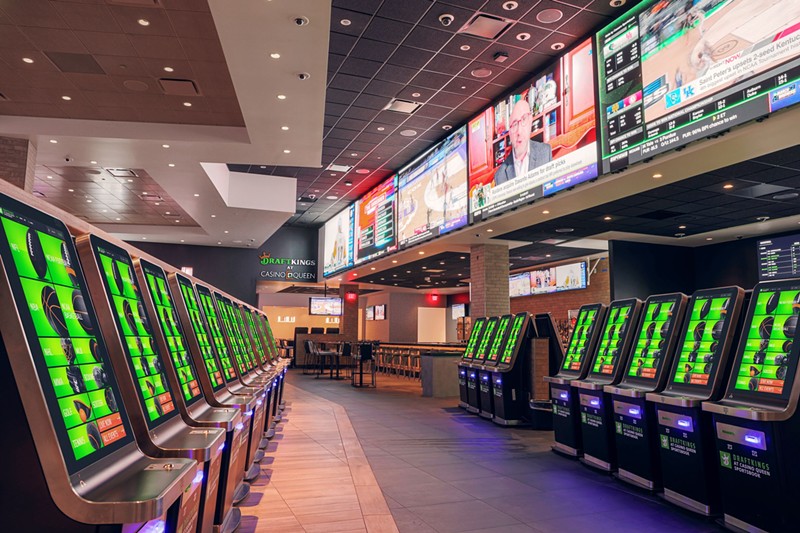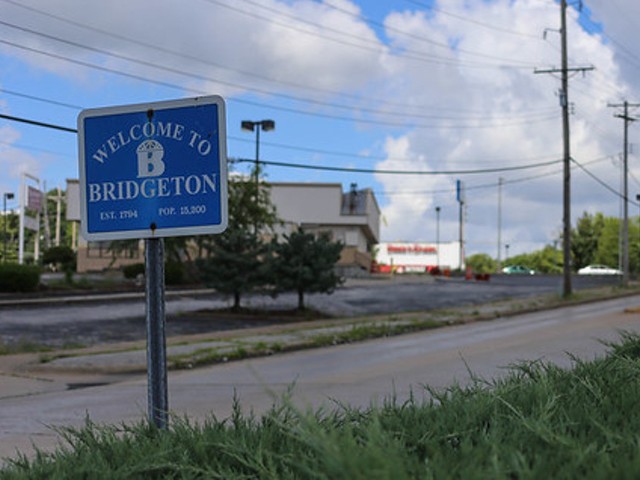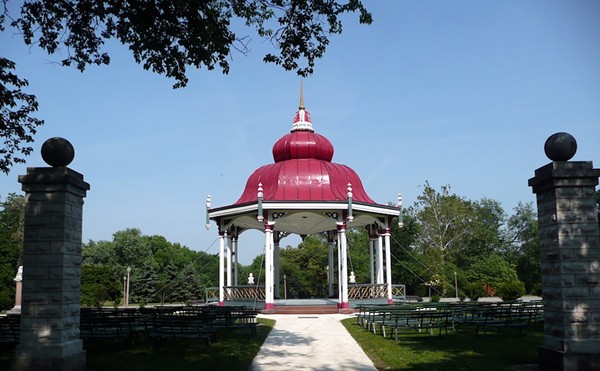Tomorrow, Casino Queen will host a ribbon cutting ceremony for a brand new, 6000-square-foot dedicated sportsbook run by DraftKings. (A sportsbook is a company or person that accepts sports bets.) The facility will have a "60-foot video wall," dozens of TVs, and "more than 30 betting kiosks." On hand will be Rams legend Marshall Faulk.
Until recently, you had to go to Las Vegas for this type of experience. In 1992, a federal law outlawed most American sports betting outside Nevada, but a 2018 Supreme Court decision struck down much of it. Since then it's been off to the races.
Now, more than half of states have "live, legal" sports gaming, a number that is quickly rising. Sports betting is legal in Illinois, and recently became easier. Missouri will likely soon be added to the list, with various bills zooming through the state legislature. They would permit sports wagers at casinos and through online platforms.
The bills are basically being written by casino operators and the owners of Missouri's professional sports teams, with Cardinals owner Bill DeWitt III personally testifying in favor.
One question few people are asking: Why? Why this sudden rush to make it so damn easy to bet on sports? A few years ago, we got by on occasional trips to the Venetian, but now we need unlimited abilities to wager on how many times Cardinals shortstop Paul DeJong will pop out against the Pirates?
Both the left and the right used to be against gaming, or, as it was once called, gambling. Liberals didn't like it because it tends to make poor people poorer, and conservatives didn't like it because it's a form of vice supposedly discredited in the Bible. (Then again, the Bible takes a hard stance against charging interest, so perhaps it's not entirely applicable to our times.)
What happened? The problems with gambling didn't change, but suddenly almost everyone seems to think we should expand it.
The Missouri bills have bipartisan support, with projected state revenue ranging from tens of millions to more than $100 million. It's not that Missouri is desperate for funds right now; in fact we have a $3 billion surplus. Rather, sports gaming seems to be a sort of fait accompli, something we're doing just because it seems inevitable.
This despite the fact that the National Council on Problem Gaming reports that "gambling problems among sports bettors is at least twice as high as among gamblers in general," and that sports gambling online is even more problematic. Kids are also particularly susceptible to sports wagering problems.
The report gives the profile of a typical sports bettor:
They think sports gambling is more skill than luck, suggesting they’re prone to distortions in thinking. They affiliate with others who favor sports betting, frequently taking advantage of different types of promotions, and are generally highly impulsive.Even less talked about is how all of this gambling could corrupt a generation of sports fans. This may sound corny, but I believe sports fandom is part of the social glue that holds communities together. I fear that we're turning fans who bond over teams into adrenaline junkies who care more about the point spread than if the home team wins.
As far as I can tell, there seems to be nothing resembling a national conversation about the potential problems here. Those Caesars Sportsbook ads with Patton Oswalt and J.B. Smoove are ubiquitous, yet no one talks about this massive transfer of wealth from individual people — many whose decision-making abilities are compromised by addiction — to corporate entities based out of state.
So let's talk about it, rather than creating a big new societal problem for ourselves, which we'll have a hard time getting out of.
Email the author at [email protected]







